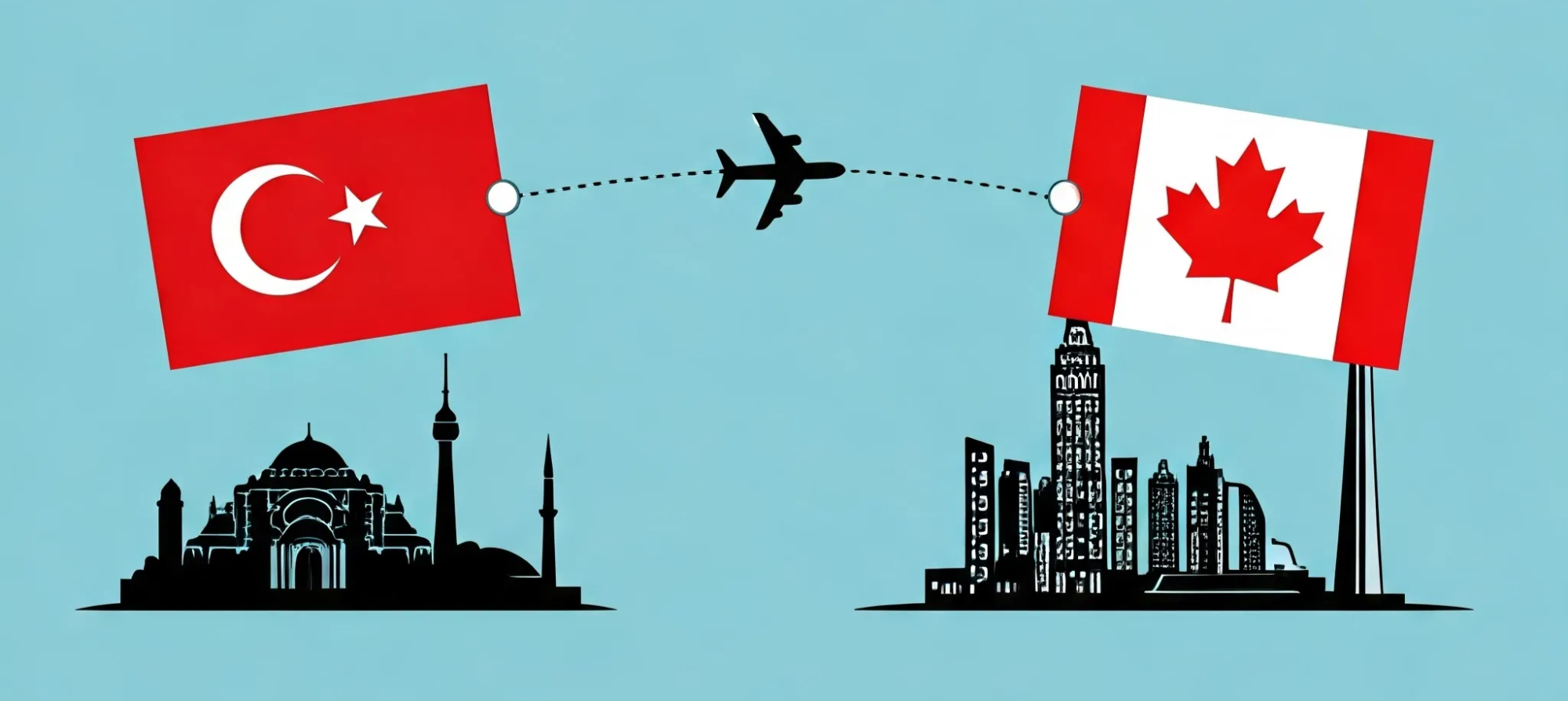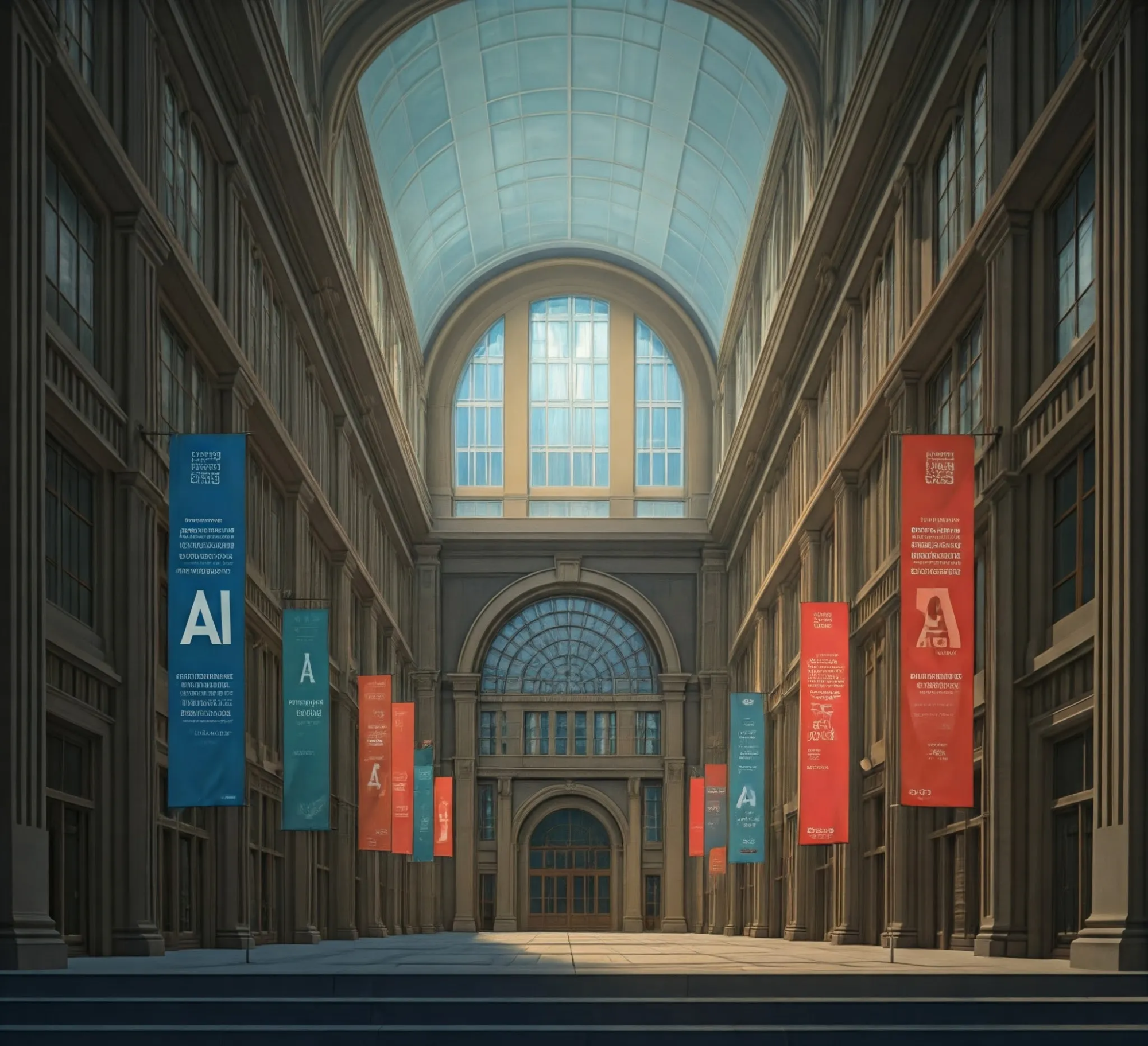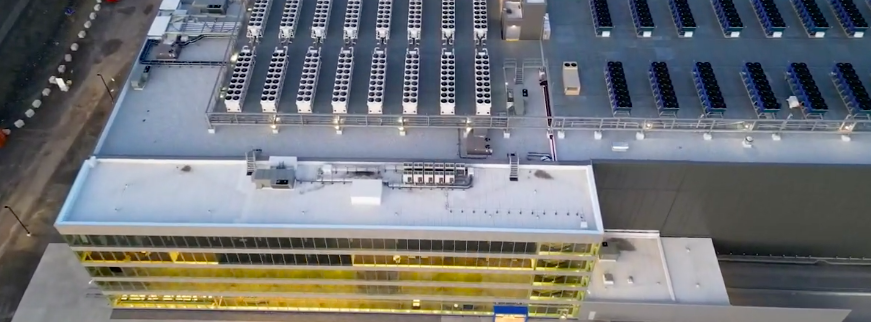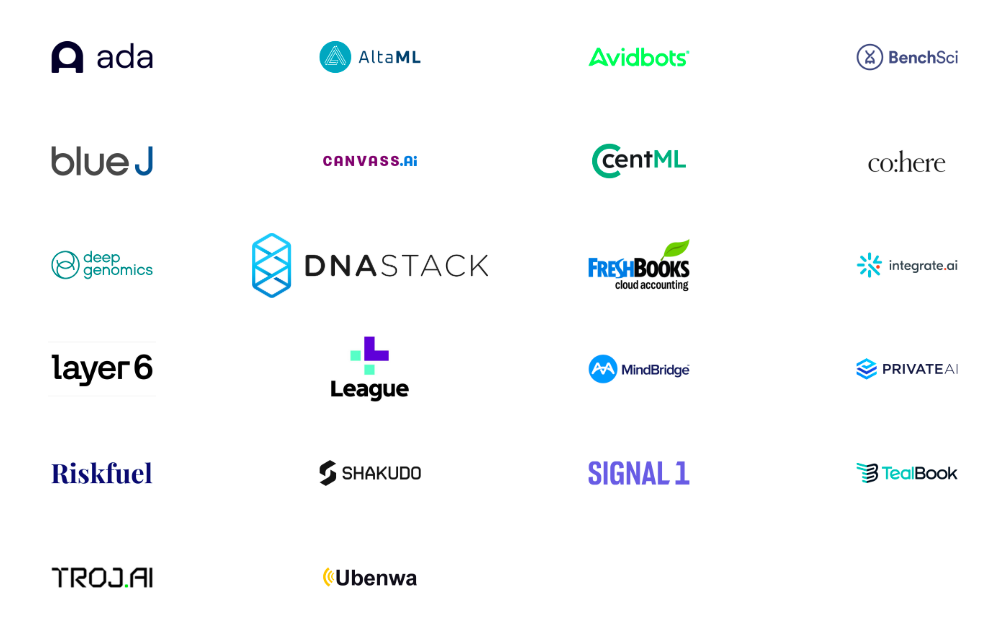Introduction

Having recently moved to Canada after spending half my life in Turkey — and getting accepted into an AI specialization master’s program at UWaterloo in the SYDE department — I decided to survey the AI scene in the Great White North.
So, you just moved to Canada, or maybe you’ve been here a while and are just starting to explore AI? Either way, you're in the right place. I’ve done the digging, so you don’t have to spend days researching like I did.
A common theme here? "Everything is better in the US."
“Canada is chronically a late adopter of technology.” – Martin, President and COO of Cohere.
Canada currently ranks 8th on the Global AI Index (as of September 2024). Unsurprisingly, the US and China dominate the AI race, sitting comfortably in 1st and 2nd.
In most industries, companies can afford to lag, waiting for others to cut through the jungle before following the cleared path. But AI doesn’t work that way. The first to deploy gains a critical advantage — a continuous stream of data feeding back into better models, creating a compounding lead.
The saying goes, “the rich get richer,” similarly in AI, the winner keeps winning.
Now in my research I went to many different sources. Interestingly, there was only one Canadian AI company that I had heard about before diving into this topic: Cohere, An LLM for enterprise company.
Canada does a solid job attracting global tech talent — 1.4 million of the 18 million workforce are in tech — but retaining that talent? Not so much.
Let’s break it all down.
Note: Every event, company, and institute mentioned here are provided as hyperlinks for your convenience.
Canada's AI Policies, and Initiatives
Government Strategies and Programs
Pan-Canadian Artificial Intelligence Strategy
Launched in 2017, Canada became one of the first countries to establish a national AI strategy. The government’s goal is clear: drive the adoption of AI across various sectors. A significant part of this strategy includes establishing and now funding the country’s three national AI institutes (details about them later in this blog).
CIFAR
Everyone in computer vision has heard of the CIFAR-10 dataset—if you’ve trained an image classification model, you’ve likely used it. Now, meet the creator. CIFAR recruits some of the top AI talent around the world to be CIFAR AI Chairs at the three National AI Institutes across the country.
Scale AI
Scale AI is one of Canada's five Global Innovation Clusters.
In Canada, these clusters have been supercharged with nearly $2 billion in federal government funding, matched dollar-for-dollar by industry.
Events
All In Event
By ScaleAI
Montreal, Sept 24 - 25, 2025
4000 attendents last year!
Generative AI Summit
By AI Accelerator Institute
Toronto, Nov 20, 2025
150+ Companies and 250+ Attendees
38th Canadian Conference on Artificial Intelligence
By CAIAC
Calgary, May 26 - 29, 2025
Claims to bring together leading researchers and practitioners in AI from academia, industry, government, and NGOs
AI Research Institutes

Vector Institute
Toronto AI research institute - Over 850 researchers
Mila
Quebec AI Institute - Over 1500 students, researchers and staff
Amii
Alberta Machine Intelligence Institute- Edmonton AI Institute - Around 450 active researchers
Canadian Companies
Cohere
Cohere is the largest Canadian AI company, specializing in large language models (LLMs) for enterprises. Co-founder Aidan Gomez co-authored the influential paper Attention Is All You Need. Cohere focuses on solving real business problems with practical AI, distancing itself from the pursuit of AGI.
Coveo
Enhances digital experiences for merchants by integrating search, recommendations, personalization, generative answering, and merchandising intelligence into their platforms.

Waabi
Founded in 2021, Waabi develops self-driving truck technology using lidar, cameras, and radar for autonomous freight delivery. Its proprietary simulation platform, Waabi World, plays a key role in training its AI systems. The company raised $200M in 2025

Ada
AI-powered customer service automation platform. Ada Voice? Crazy good — saw the demo, super impressive. Logo lowkey looks like Among Us.

Visier
Workplace analytics. Their AI assistant, Vee, gives instant answers about people data.
Untether AI
They make AI chips and acclerator cards optimized for neural network inference


Signal1 AI
AI for hospitals. Flow Solution speeds up patient discharge. Deterioration Solution spots high-risk patients early.
Deep Genomics
AI meets genetic medicine.
Millions of mutations. Thousands of diseases. How do we find the right medicine?
BigRNA, their in-house foundation model built on proprietary datasets, helps identify drug targets, discover biological mechanisms, predict molecule-target interactions, design therapeutic candidates, and create surrogate molecules for in vivo testing.

Tenstorrent
AI hardware company that designs and sells computers for AI.
Found in Toronto, now US based, still have an office in The Six

BrainBox AI
AI for building management. Cuts costs, slashes emissions by optimizing existing equipment. ARIA, their virtual engineer, handles the work.

Sanctuary AI
Humanlike robots powered by AI.
They built Phoenix, a robot with tactile fingers capable of in-hand manipulation. Founded in 2018, with around 150 people. Can work autonomously or can be teleoperated

Odaia
Customer data platform for life sciences.
Helps pharma salespeople sell to healthcare providers more effectively.
QScale
Sustainable AI & HPC computing centers.

The Ecosystem Players
RBC Borealis
AI research center backed by RBC, Canada's largest financial institution
Layer 6 - AI at TD
AI research centre owned by TD
Next AI
Next AI is a founder and venture development network for AI-enabled startups. It connects over 500 top Canadian academics, entrepreneurs, investors, and founders. Startups can join the program remotely or in person from Toronto or Montreal.
Creative Destruction Lab
AI-focused startup accelerator running programs in Toronto and Montreal. Since 2012, over 7,500 founders representing more than 2,900 companies have participated in its programs.
Radical Ventures, BDC, MaRS IAF
These 3 are VC firms investing in AI
Some resources I found that are great for scouting out Canadian AI startups
Canada AI
Out of 500 companies listed here, 400 have active websites. (Not all startups survive)
Government of Canada Vetted Suppliers
The Government of Canada is running a campaign to prequalify vendors for providing services to federal agencies.
While 150 companies are listed, many are global firms with operations in Canada rather than exclusively Canadian businesses.
Graduates of the CDL Program
170 Companies that graduated from their Montreal or Toronto division
Vector Institute’s bronze sponsors

Was exploring Vector Institute’s webpage as I stumbled upon their sponsors and, perhaps coincidentally, or perhaps expectedly, since they’re trying to have connections with the AI world here, a lot of these companies are Canadian AI companies
Conclusion
The vibe here is all about internships, not startups, as Andrej Karpathy points out in the linked video. There's a lack of the whole founder culture. Culture matters, and maybe it's time for that to change.
Canada's productivity growth problem is no secret — it lags behind the U.S. by nearly half, a gap that's been stubbornly persistent for years.
The good news? Canada seems to be waking up to the challenge. The web of AI institutes like Vector, Mila, and Amii, alongside ambitious government strategies and well-funded clusters like Scale AI, signals a growing recognition of AI's potential. Add to that an emerging startup ecosystem with players like Cohere, Waabi, and Ada pushing boundaries, and it’s clear there’s momentum building.
But here's the thing — momentum without direction is just noise. For AI to truly drive economic transformation, Canada must stop the talent drain. Too often, students leave universities with a "Cali or bust" mindset. That needs to shift to "Toronto or bust."
If Canada plays its cards right, this era of intelligence could be the moment it stops playing catch-up and starts leading.

Note: This blog is based on research I've done online, and I'm sure those who live in Canada and work in AI locally have even deeper insights. If you have anything I missed, shoot me an email at syedfarrukhsaif@gmail.com — I'll make sure to update the blog!